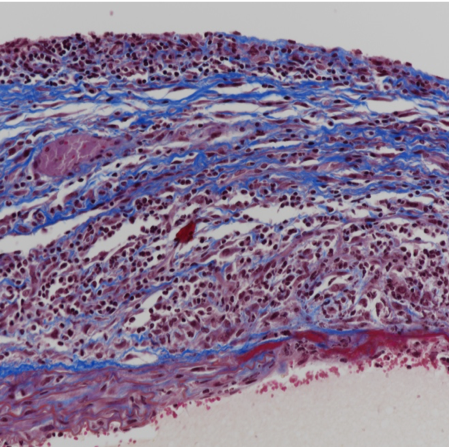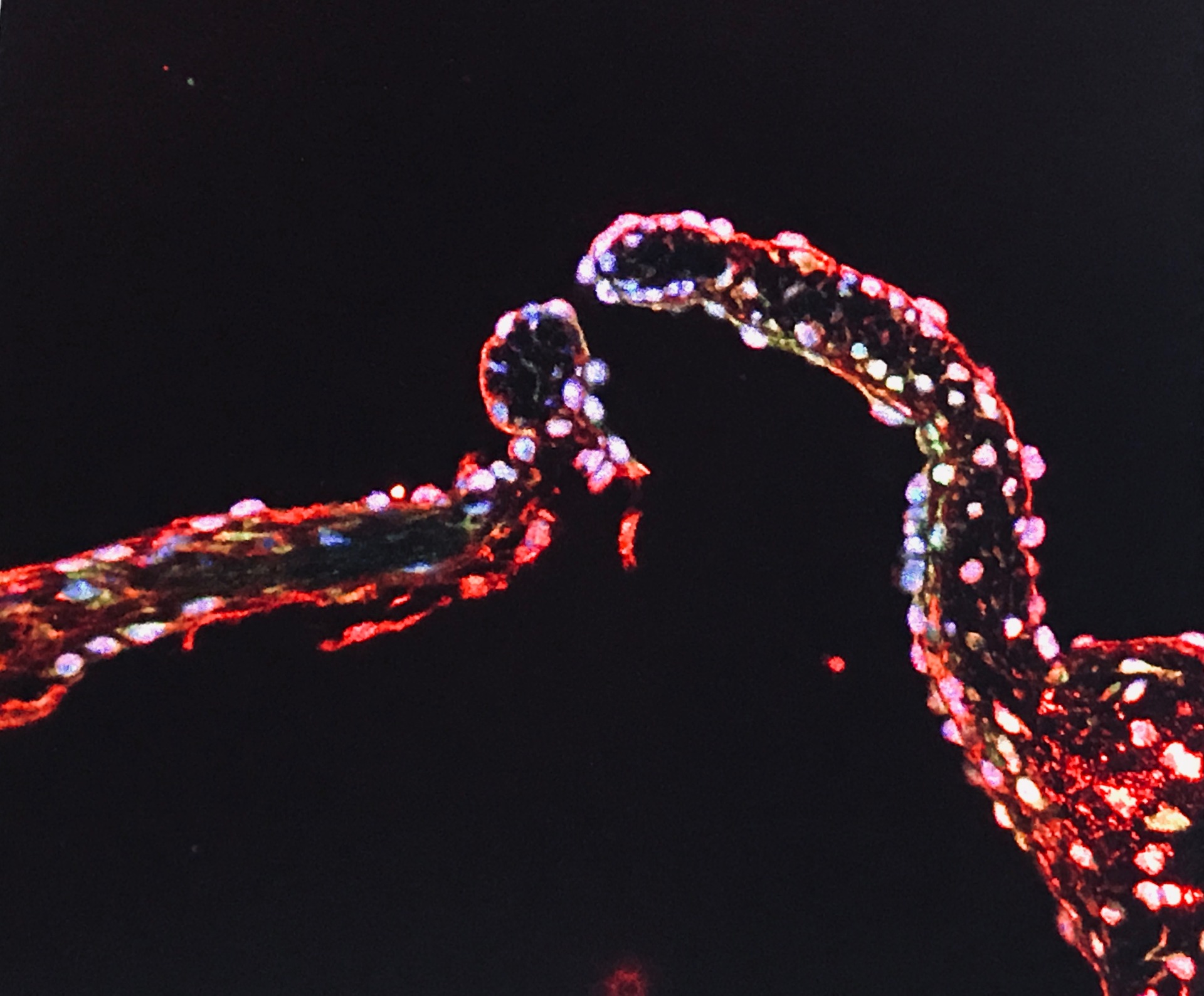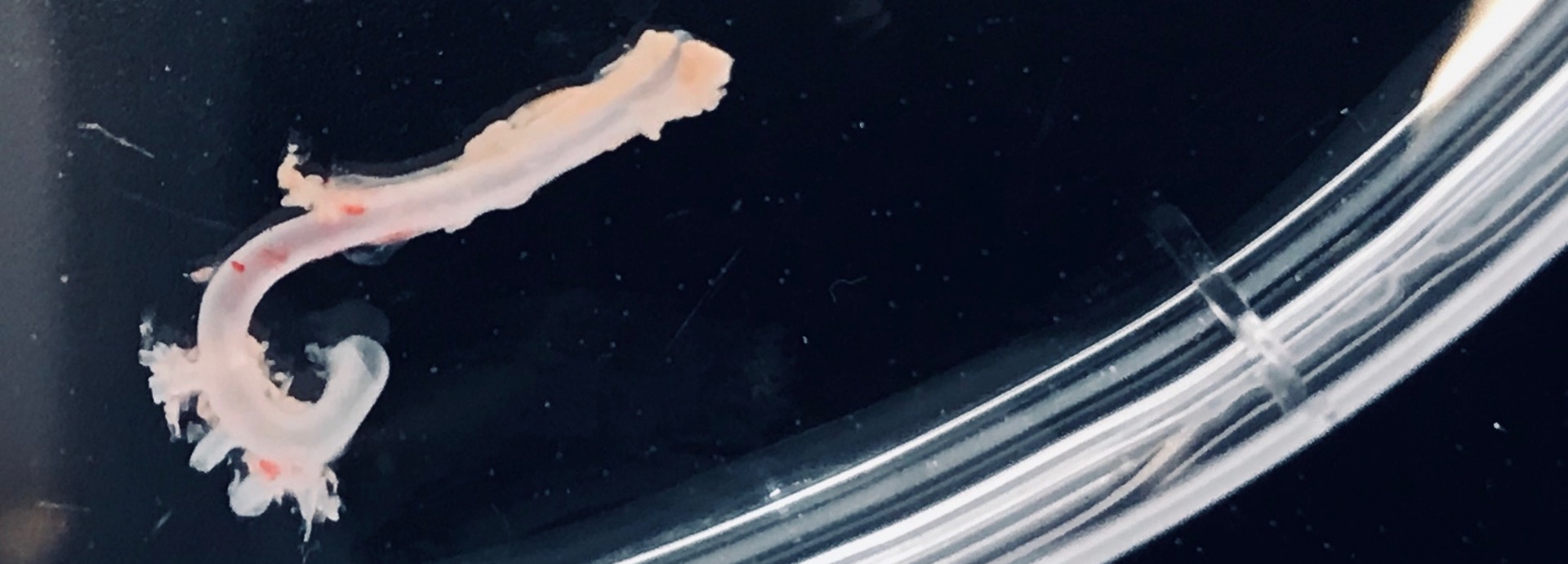THE DIETZ LAB
We strive to understand the underpinnings of a range of connective tissue diseases to develop targeted therapies
Loitering Encouraged
Ongoing Projets

Mechanisms of Bicuspid Aortic Valve with Distal Ascending Aortic Aneurysm
Bicuspid aortic valve with distal ascending aortic aneurysm (BAV/AscAA) is the most common hereditary aneurysm condition affecting approximately 1-2% of the population, however the genetic causes are poorly understood. An unbiased screen to mechanistically characterize this phenotype revealed a potential role for Notch signaling. Further investigation into how Notch achieves its therapeutic effect led us to a hypothesis that collapses on the activity of the regulator of G-protein signaling (RGS) family of proteins. This work reveals a potential role for Notch agonists and strategies that promote RGS protein activity in treating BAV/AscAA.

Mechanisms of vascular Ehlers-Danlos syndrome (vEDS)
Focused on understanding the molecular pathophysiology of the vascular form of Ehlers-Danlos syndrome (vascular EDS) with the aim of providing informed management of these patients as well as developing new forms of therapy. Our strong belief is that both genetic and environmental factors have the capacity to afford strong protection in vascular EDS. Once identified, we will attempt to mimic the mechanism of protection using medications or other strategies. Additionally, we are working to understand the sexual dimorphism in vascular EDS. Using our vascular EDS mouse model, we aim to identify the androgen-responsive genes that may contribute to disease.

Pathogenesis of Systemic Sclerosis (SSc)
We have successfully identified a novel epigenetic memory locus controlling the expression of TGFB2, where the abolition of this memory leads to reversal of collagen accumulation in SSc skin explants. We are further investigating this epigenetic mechanism in SSc-patient derived inducible pluripotent stem cells (iPSCs), and are expanding our study to include the endothelial cells hypothesized to be responsible for a significant degree of morbidity in SSc.

Interrogation of Fibrotic Pathways
Uncontrolled fibrosis is a process that underpins many chronic and common diseases in both the developed and developing world. We have focused on the inhibition of the biosynthesis of fibrillar collagens as a therapeutic strategy in fibrotic disease, and are pursuing this in multiple fibrosis models.

Exploration of Marfan Syndrome Therapeutics
Marfan Syndrome is a systemic connective tissue disorder caused by mutations in the extracellular protein fibrillin 1 (FBN1). This project aims to explore the possible compensatory role for embryonically expressed fibrillin 2 (FBN2). We are studying the role FBN2 using innovative molecular biology techniques, as well as mouse models of the Marfan syndrome.

